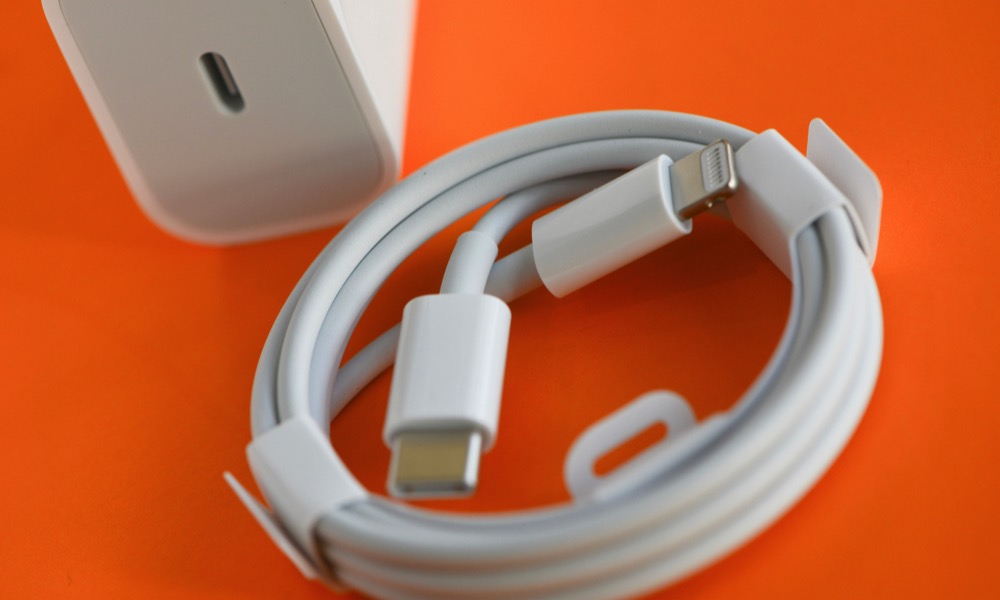Apple Ordered to Pay Brazilian Customer Over $1,000 for Selling the iPhone Charger Separately
 Credit: Abolukbas / Shutterstock
Credit: Abolukbas / Shutterstock
Toggle Dark Mode
In late 2020, Apple’s decision to remove the charger and EarPods from its iPhone packaging was met with some controversy among customers – but it was taken very seriously by Brazilian regulators, who decided that move was downright illegal.
A few weeks after the iPhone 12 lineup came along with its thinner packaging, Brazil’s consumer protection agency, Procon-SP, declared the charger an “essential part” of the product. A few months later, the Brazilian government fined Apple $2 million for removing the charger.
However, none of this persuaded Apple to change course. Not only was the charger excluded from all newly-released iPhone 12 models, but Apple also retroactively removed it from all the older models it was still selling: the iPhone XR, the iPhone 11, and the 2020 iPhone SE.
Apple’s stubbornness in the face of Brazilian fines was particularly interesting in light of its seemingly voluntary decision to keep including the EarPods with iPhones sold in France. Perhaps it was a matter of Apple refusing to knuckle under pressure, or maybe it was simply because the situation in France was related to a health and safety law.
Although the fine from the Brazilian government was a one-time penalty, it’s also set a precedent, and now at least one Brazilian customer is getting a payout under those same laws.
According to Brazil’s Tecmundo (Google Translate), an unnamed consumer in the city of Goiânia has been awarded R$5,000 (nearly $1,100) for failing to include the charger with the iPhone.
The rationale behind this fine appears to be slightly different than the Brazilian government’s original case, but it’s subtle at best. In his ruling, Judge Vanderlei Caires Pinheiro of the 6th Civil Court of Goiânia said it was a “tied” or “married” sale of products.
Essentially, Apple is being accused of forcing a customer to buy two products together, which is prohibited by Article 39 of the Consumer Code.
While Apple would likely argue that there’s no requirement to use an Apple-made charger with an iPhone since it’s compatible with any USB charger, Brazilian regulators have already denied this claim based on Apple’s warranty policies.
The key problem is that, like most companies, Apple reserves the right to refuse warranty service if a third-party charger is used. This is an entirely understandable policy when you consider the severe problems with cheap and knockoff iPhone chargers, but it’s also a policy that’s gotten Apple into hot water in Brazil.
As far as Brazilian authorities are concerned, if a customer can only get warranty coverage by using an Apple charger, that charger becomes a “tied” product, and Apple must include it in the box. Otherwise, it’s guilty of forcing customers to purchase an Apple charger separately.
Hence, even though the USB-C end of the included Lightning cable can technically be used on any charger, Judge Pinheiro said that this is not considered “possible” under Brazilian law, which treats Apple’s USB-C charger as the only compatible model.
What’s interesting about this case is that the unnamed plaintiff in this case certainly isn’t the only person affected by this, so thousands of other iPhone customers in Brazil may soon be expecting similar payouts from Apple under Brazilian law.







